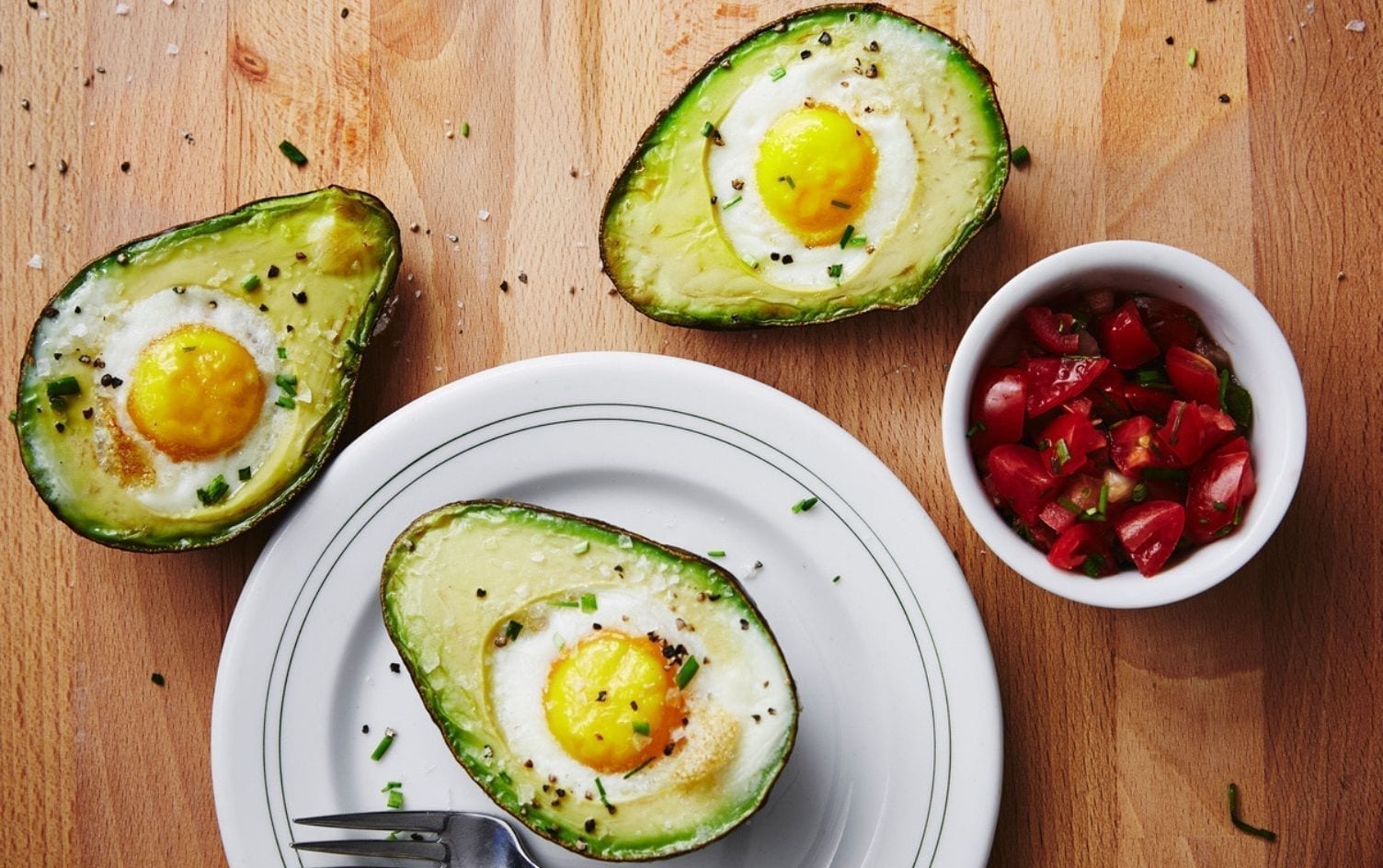
It’s important to pay attention to hunger signals regardless of the type of diet you follow. If you’re following a low-carb diet and find you are constantly hungry or suffer from low energy levels, there could be several explanations. Here, a look at four common culprits and how to solve them.
YOU’RE STILL IN THE TRANSITION PHASE
If you’re new to low-carb, you may need to give it more time. Shifting gears dramatically in your eating patterns is a big adjustment to your whole system, and it can take a toll on your energy levels. Your body is working overtime to adjust from its “normal state” of metabolizing a higher carb content. It will take time and lots of energy to adjust into a mode that’s used to metabolizing a higher protein and fat ratio (macronutrients that also require more energy to digest). Gauge your energy levels for a month to see if your body gradually adapts.
YOU MAY NOT BE EATING ENOUGH CALORIES
Depending on your previous eating routine, you may have cut too many calories from your diet when trying to consume fewer carbs. You need to make sure you are fueling your body with enough calories and energy to supply your body’s overall essential needs. Most people need at least 1,200 calories just to fuel their everyday activities and metabolism. People who are active and exercise regularly usually need more.
YOU MAY NOT BE EATING ENOUGH FAT
Heart-healthy fats like nuts, seeds, nut butter, fatty fish, olive oil, avocados and whole eggs are a major source of energy for the body and help you absorb essential fat-soluble vitamins and minerals. They’re key for satiety, too, so you if you’re not getting enough healthy fats you may be hungrier and more likely to have low energy levels. Try tracking your intake with an app like MyFitnessPal and incorporate a healthy fat with each meal to feel fuller longer.
YOU MAY BE DEFICIENT IN CERTAIN NUTRIENTS
Cutting carbs altogether could actually harm your weight-loss goals. Instead, focus on complex carbs like whole grains (rather than simple carbs) since they take more time to digest, keeping you full longer. Plus, complex carbs also contain fiber and important micronutrients. Keep an eye out to include these three nutrients in your diet, too:
Vitamin D From a cellular perspective, vitamin D boosts mitochondria — the “batteries” inside our cells that fuel their energy. It also promotes calcium absorption and helps build cells, boost immunity and reduce inflammation. Yet very few foods naturally contain vitamin D; many breakfast cereals, milk and orange juice are fortified with vitamin D — all foods that are either limited or not included in low-carb diets. Good low-carb sources include swordfish, salmon, canned tuna, eggs and sardines. Try including these in your diet more and also going for regular walks outdoors; sunshine helps the body absorb vitamin D.
Magnesium Found in high-carb foods such as beans, whole grains, breakfast cereals, potatoes, rice and legumes, magnesium is required for energy production and regulates protein synthesis and glucose control — all systems that lead to lower energy levels if they’re not functioning properly. Lower-carb foods rich in magnesium include spinach (and other dark leafy greens), almonds, cashews, peanuts, avocado and fatty fish. Adults need between 300–400mg daily, which is why a supplement may be useful if you don’t eat enough of the foods mentioned above.
Choline Best known for its role in brain development, choline also helps build cell membranes, regulate liver function and lower homocysteine levels (high levels in the blood can lead to heart disease and possibly even Alzheimer’s). Pasta, wheat and rice are good sources, but all are high in carbs. Eggs are a great low-carb source, but choline is only found in yolks, so be sure to eat the whole egg. Other good low-carb sources include fish, beef and chicken.
YOU’RE NOT DRINKING ENOUGH WATER
Hydration is key for keeping up energy levels and helping fuel weight loss. Make sure you keep a water bottle on-hand and sip regularly. For an extra energy boost, try adding chia seeds to your water; the powerful seeds contain 10 grams of fiber, 5 grams of protein and 5 grams of omega-3 fatty acids per ounce. They’re also a great source of magnesium.
Stick to your low-carb goals by tracking total net carbs in each food, meal and day in the MyFitnessPal app.




